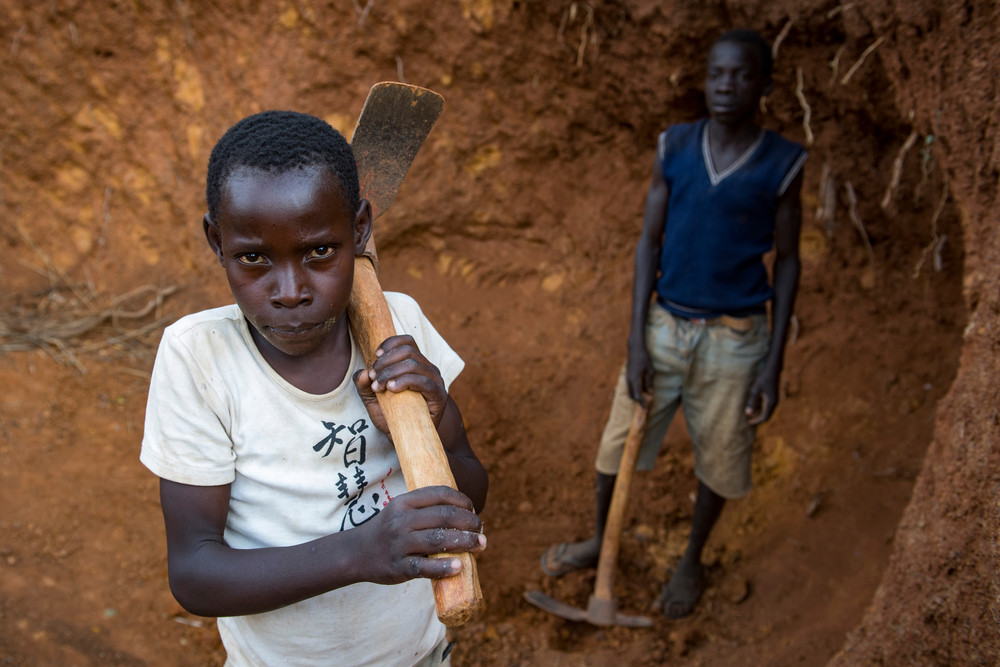Topic Resources
Agenda 2063 is Africa’s development blueprint to achieve inclusive and sustainable socio-economic development over a 50-year period.
ECOWAS LABOUR MIGRATION STRATEGY AND ACTION PLAN (2025–2035)
AFRICAN UNION CONFERENCE ON DEBT
LOME, TOGO
12th to 14th May 2025










